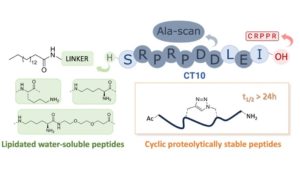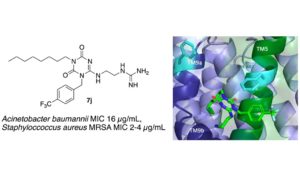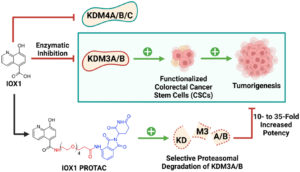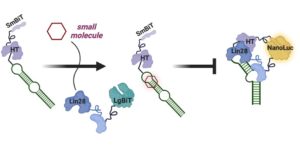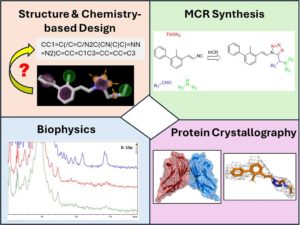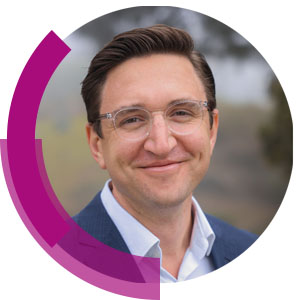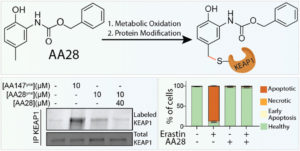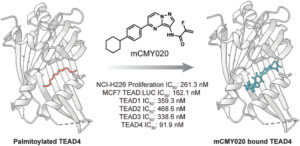2025 marks the 5th anniversary of RSC Medicinal Chemistry. We caught up with our Editor-in-Chief, Mike Waring from Newcastle University, to reflect on the last 5 years of our journal.
What has been your favourite memory or highlight of leading RSC Med Chem as Editor-in-chief for the past 5 years?
I have really enjoyed the editorial board meetings. The opportunity to get the editorial team together to discuss future directions, possible themed issues and the focus of the journal, as well as hearing about the progress the journal has made was very rewarding. We have a fantastic team of people dedicated to the success of the journal and that really came through in the discussions. It is also a rare opportunity to hear the perspectives and experiences of the individuals on board about the current state of play in medicinal chemistry more generally.
From your perspective, how has RSC Med Chem evolved over the past 5 years?
Since the relaunch of the journal under its current name, it has become established as one of the premier medicinal chemistry journals. The editorial team have ensured that it remains focused on cutting edge science, including through regular review of journal scope and active sourcing of articles focussed on new developments. They are also very proactive in rapidly adopting best practice in publishing more generally such as in open access, peer review and inclusivity. It is both a national journal for the UK but also has a truly global reach.
 |
What has been your favourite article or themed collection in RSC Med Chem in the last 5 years?
I would not wish to single out any one particular article. The editors select articles to be highlighted as editors picks and it is always very difficult. All papers that pass peer review have their value and the most important thing is to disseminate knowledge. I think the journal has done an excellent job of selecting themed collections that cover the most prominent areas of medicinal chemistry and capture emerging future directions. Just as an example, I really enjoyed the collection on targeting RNA, which I think is an area with huge future potential. At the same time, maintaining themed collections in most established areas is just as important. I am especially keen that we maintain the emerging investigator issues, that is a great way to recognise future leaders in the field and to highlight their work to the community.
Why should authors choose to publish with RSC Med Chem?
If you publish in RSC Med Chem you can be assured that your article will be well read by the relevant interested scientists, including those not directly working in your area. In a world of search algorithms and promotion of articles via social media etc. I would like to think that medicinal chemists still browse the leading journals in the area for things that pique their interest. Authors can also rest assured that their article will be assessed with care and rigour and accepted articles will be published rapidly.
What research do you hope to see more of in RSC Med Chem in the next 5 years?
The frontiers of medicinal chemistry are expanding rapidly and new modalities are unlocking therapeutic opportunities that were long considered intractable. These creative new approaches are hugely exciting. I do however still really appreciate a well-executed small molecule discovery story, in which the rationale for molecular design is clearly delineated and the strategy is well executed. Communicating the thinking behind successful discoveries is vital to progress our discipline (AI assistance or otherwise) and this will enable us, as a community to develop better medicines more rapidly, which is what really counts ultimately. I hope that the journal is a primary vehicle to do that.





























